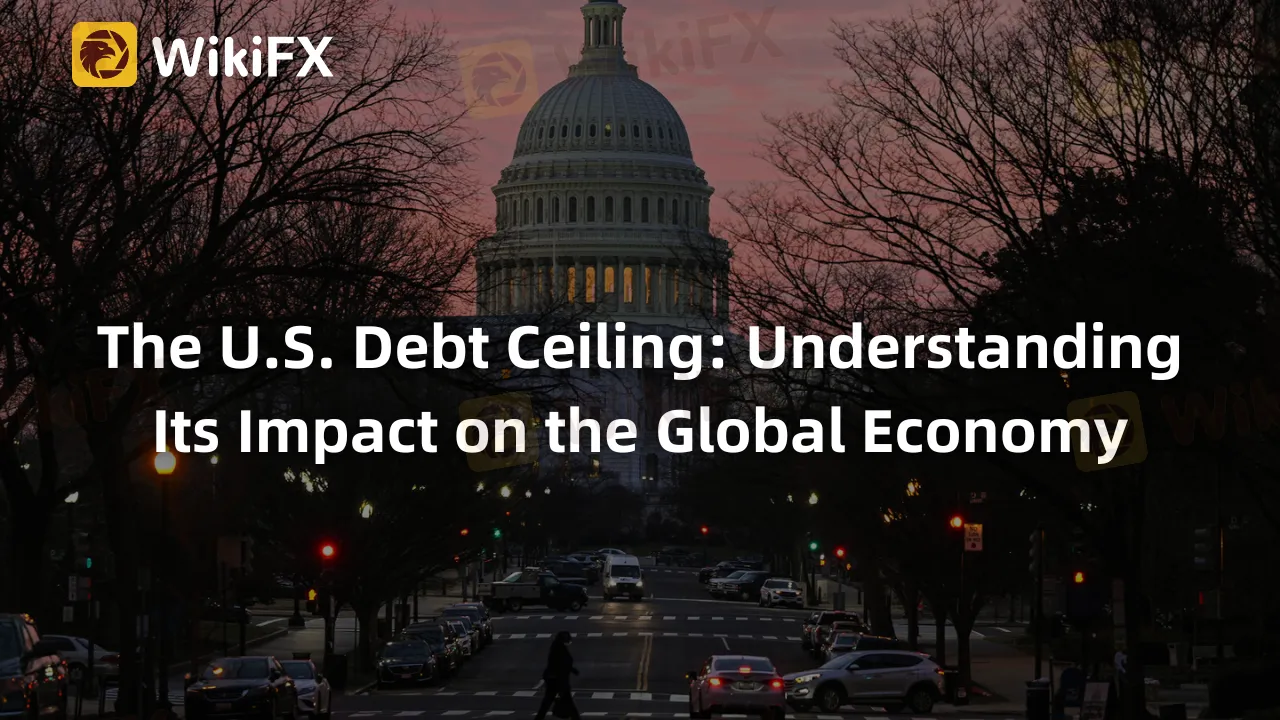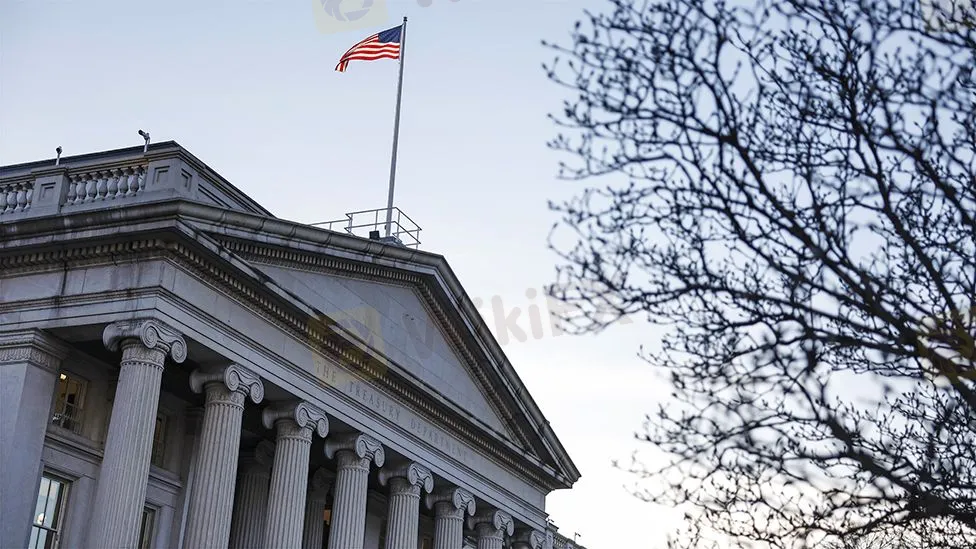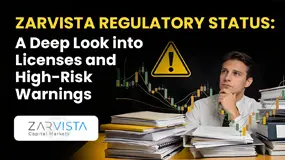Abstract:The U.S. debt ceiling limits government borrowing, a cap that's been raised over 100 times. Breaching this limit could result in a government shutdown and global financial turmoil. While some argue for its abolition due to political misuse, others see it as necessary fiscal control.

Among the plethora of technical economic jargon and public finance laws, one phrase resounds regularly in the corridors of the American government: the debt limit. This word refers to the statutory limit on the amount of national debt that the United States Treasury may incur. It has been a cause of dispute, political negotiation, and, at times, worldwide economic anxiety. What happens if the United States reaches its debt limit, and what are the possible consequences for local and global markets?
What exactly is the debt ceiling?
The debt ceiling is a limit on how much money the United States government may lawfully borrow. The ceiling was first established by the Second Liberty Bond Act of 1917 to limit the number of long-term bonds that the government may issue. The debt ceiling has grown over time into an aggregate cap that encompasses practically all types of government debt. It limits the amount of money the government may borrow to pay its expenses, which include Social Security and Medicare payouts, military wages, national debt interest, tax refunds, and other commitments.
How Frequently Has It Been Raised?
Over 100 times since its creation, the debt limit has been lifted or suspended. Increases were uncommon in the early decades, but since the 1970s, it has increased more often, generally multiple times each year. The regularity with which these rises occur underscores the nation's mounting debt and the government's dependence on borrowing to fund its operations and commitments.
What Are the Implications of the United States Exceeding the Debt Ceiling?
If the United States fails to raise the debt limit, the Treasury will be unable to issue any more Treasury bonds or bills, which are critical tools for supporting the government's operations. To meet its responsibilities, the government would have to depend on incoming income. These incomes, however, are unpredictable and often inadequate to meet all expenses, possibly resulting in a partial government shutdown.

The immediate implication would be that the federal government would be unable to pay all of its payments on schedule. This would very certainly result in delayed payments to government workers and contractors, entitlement program recipients, and others who rely on federal cash.
However, the repercussions might swiftly expand beyond the initial impact. The United States has never defaulted on its debt commitments. If it does, it may undermine investor trust in US Treasury bonds, which have long been regarded as the safest investment in the world. This might raise borrowing costs for the government and raise interest rates, impeding economic development.
Could a breach of the US debt ceiling cause other markets to crash?
Absolutely. The United States economy is inextricably linked to the rest of the globe, and US Treasury bonds constitute a cornerstone of the global financial system. If investors lose trust in the United States' capacity to repay its debts, global markets may suffer. Other countries' economies may suffer as a result of the weakening US currency, and global interest rates may increase. A default may potentially spark a worldwide financial catastrophe in the worst-case scenario.
Is there any recourse for the government if the debt ceiling is not raised?
If the debt limit is not increased, the Treasury has certain interim measures known as “extraordinary measures” that it may use. These actions enable the Treasury to free up cash by halting the issuance of new debt for certain government funds or redeeming current debt in these funds. These remedies, however, only give short respite. To avoid a default, the debt limit must eventually be increased or expenditure decreased.
Do Other Countries Adopt Policies Like This?
Most nations do not have a debt cap like the United States. Some nations, such as Denmark, have a statutory debt ceiling, but it is set so high that it is ineffective as a practical limitation. Other nations, like the United Kingdom and Canada, have no debt cap at all. Instead, they let their treasuries borrow as needed to carry out the obligations included in their authorized budgets. This makes the United States debt cap relatively unusual.
For others, the debt limit has become a tool for scrutinizing and controlling government expenditures. However, detractors contend that since the cap only applies to debt accrued as a result of previous spending choices, refusing to raise the limit does not restrict future expenditure but instead risks default on current commitments. As a result, they suggest, the debt limit is a potentially harmful instrument for fiscal policy.
Should the debt limit be raised?
The subject of whether the debt limit should be raised is a contentious one. Those in favor of eliminating the limit claim that it has become a political weapon, producing unneeded economic uncertainty and possibly threatening a catastrophic default. They argue that the budget process, where spending choices are determined, effectively exercises Congress's authority over the purse.
Opponents of raising the debt limit, on the other hand, maintain that it serves as an essential check on government expenditures. They argue that the danger of exceeding the debt limit encourages politicians to tackle the problem of the nation's debt and may serve as a catalyst for significant budgetary changes.
In conclusion, the US debt ceiling is more than simply a borrowing restriction; it is a sophisticated and powerful weapon with far-reaching ramifications for the US and worldwide economies. When the United States approaches its debt limit, the accompanying political, economic, and financial maneuverings become a high-stakes game with global repercussions. The argument over the merits and possible consequences of this legislative instrument is certain to continue in the face of an ever-increasing national debt.
Download and install the WikiFX App on your smartphone to stay updated on the latest news.
Download the App here: https://social1.onelink.me/QgET/px2b7i8n












